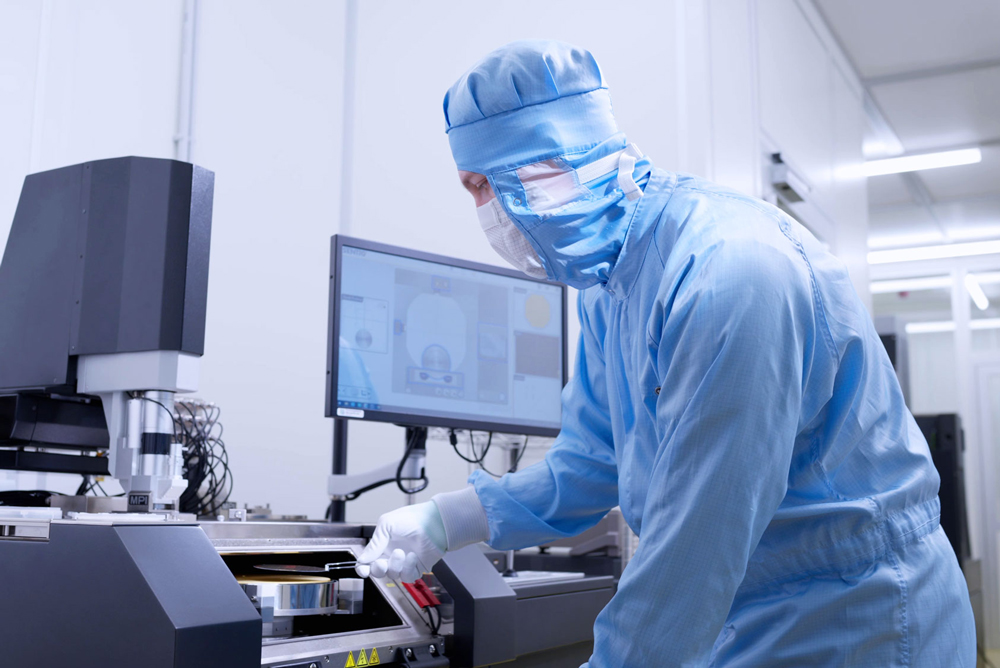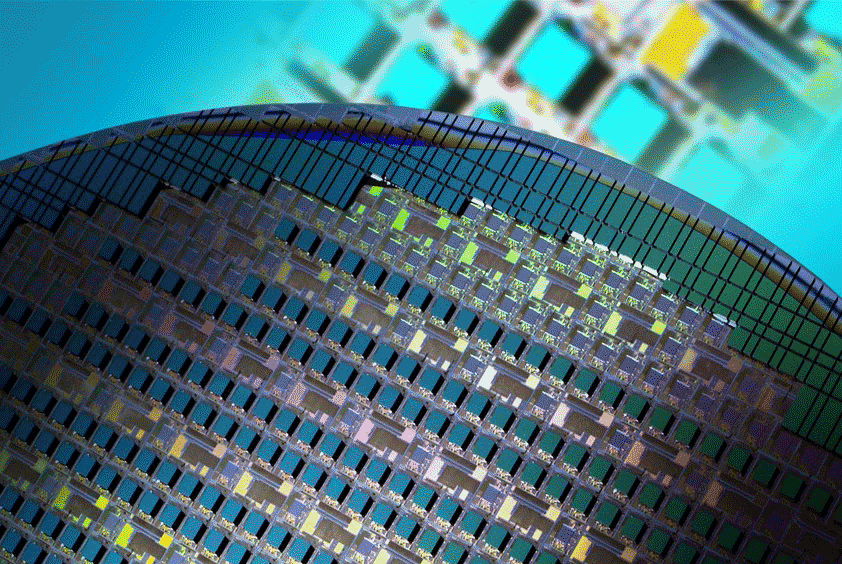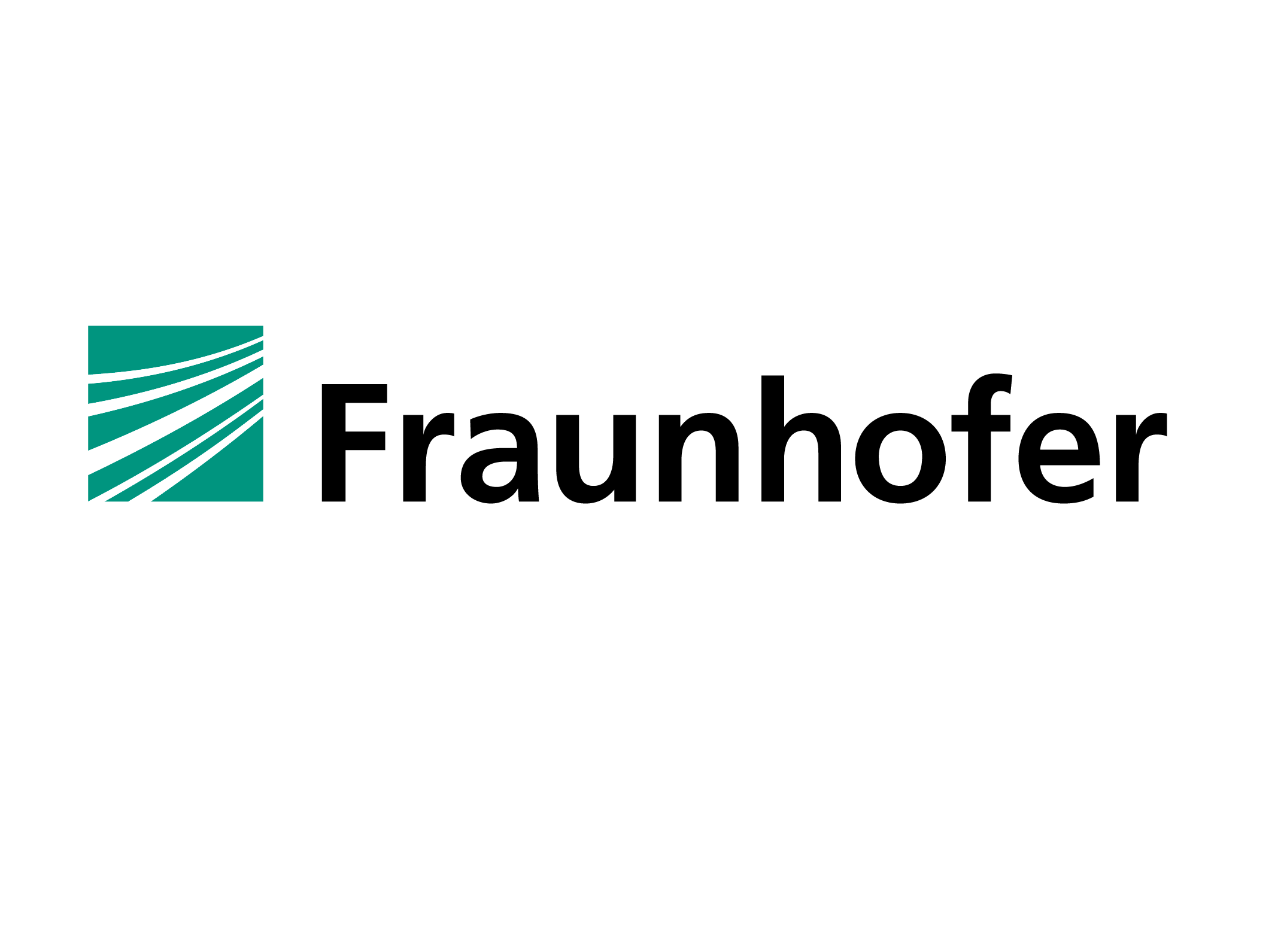European Chiplet Innovation: APECS Pilot Line starts Operation in the Framework of the EU Chips Act
The pilot line for “Advanced Packaging and Heterogeneous Integration for Electronic Components and Systems” (APECS) marks a major leap forward in strengthening Europe’s semiconductor manufacturing capabilities and chiplet innovation as part of the EU Chips Act. By providing large industry players, SMEs, and start-ups with a facilitated access to cutting-edge technology, the APECS pilot line will establish a strong foundation for resilient and robust European semiconductor supply chains. Within APECS, the institutes collaborating in the Research Fab Microelectronics Germany (FMD) will work closely with European partners, to make a significant contribution to the European Union´s goals of increasing technological resilience, strengthening cross-border collaboration and enhancing its global competitiveness in semiconductor technologies. APECS is co-funded by the Chips Joint Undertaking and national funding authorities of Austria, Belgium, Finland, France, Germany, Greece, Portugal, Spain, through the “Chips for Europe” initiative. The overall funding for APECS amounts to € 730 million over 4.5 years.

Europe is home to a vibrant ecosystem of (hidden) champions, from tradi-tional enterprises in vertical markets, to SMEs and start-ups the competitive advantages of which lie in superior semiconductor-based solutions. Never-theless, many of these companies are currently confronted with limited access to advanced semiconductor technologies, while at the same time these technologies are increasingly becoming the most important factor for innovation and market growth.
The European Commission is investing significant resources under the EU Chips Act to strengthen semiconductor technologies and applications in the European Union. This aims to enhance Europe’s technological resilience, secure supply and value chains, and drive innovation in emerging fields such as energy efficient AI, manufacturing, mobility, information and communica-tions, neuromorphic and quantum computing as well as trusted and sustainable electronics.
The APECS pilot line focuses on bridging application-oriented research with innovative developments in heterogeneous integration*, in particular emerging chiplet** technologies. By pushing beyond conventional system-in-package (SiP) methods, APECS will deliver robust and trusted heterogeneous systems, significantly boosting the innovation capacity of the European semicon-ductor industry.
Investments in strategic projects such as APECS under the EU Chips Act, is crucial for positioning Europe as an indispensable partner in the global technology sector. Germany plays a key role in this endeavor – both as a leading research hub and a driving economic force. Thanks to substantial funding from the German Federal Ministry of Education and Research (BMBF) and the federal states of Saxony, Berlin, Bavaria, Schleswig-Holstein, Baden-Württemberg, North Rhine-Westphalia, Brandenburg, and Saxony-Anhalt, it will be possible to further expand the R&D infrastructure in the coming years within the framework of the APECS pilot line. This represents a crucial step toward ensuring the long-term economic stability of both Germany and Europe.
 Advanced Packaging and Heterogeneous Integration for Electronic Components and Systems
Advanced Packaging and Heterogeneous Integration for Electronic Components and Systems



